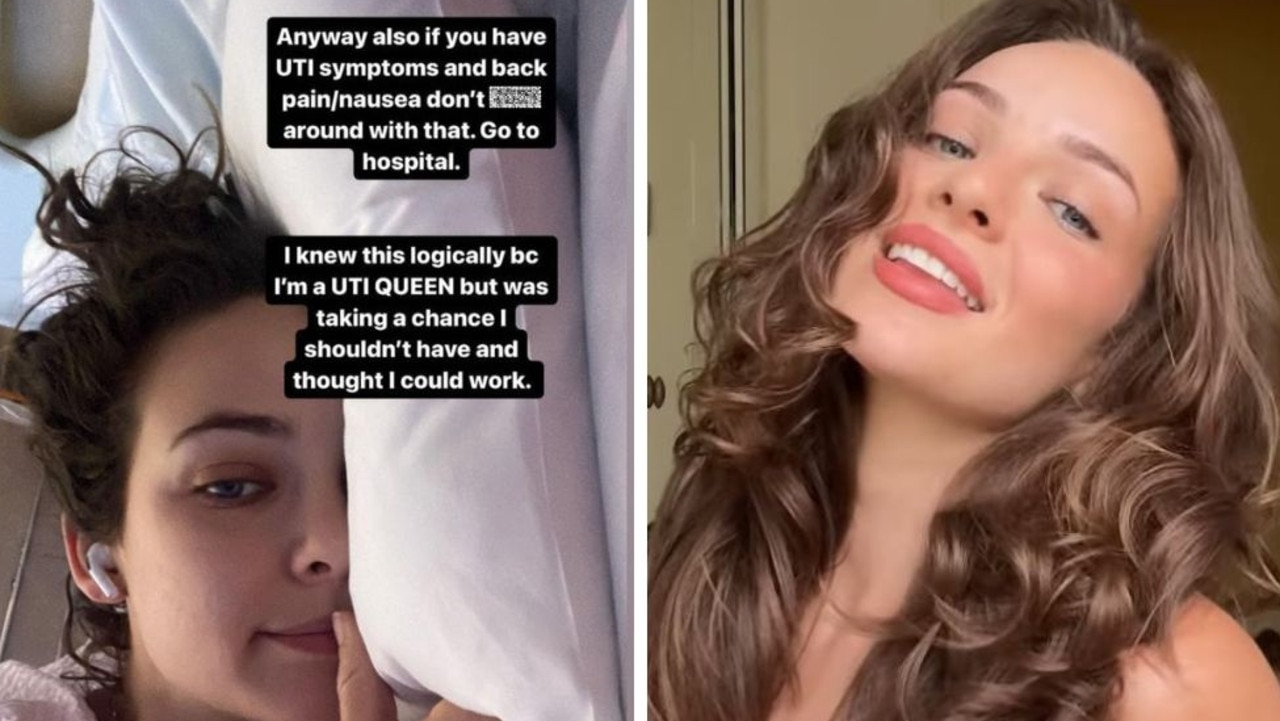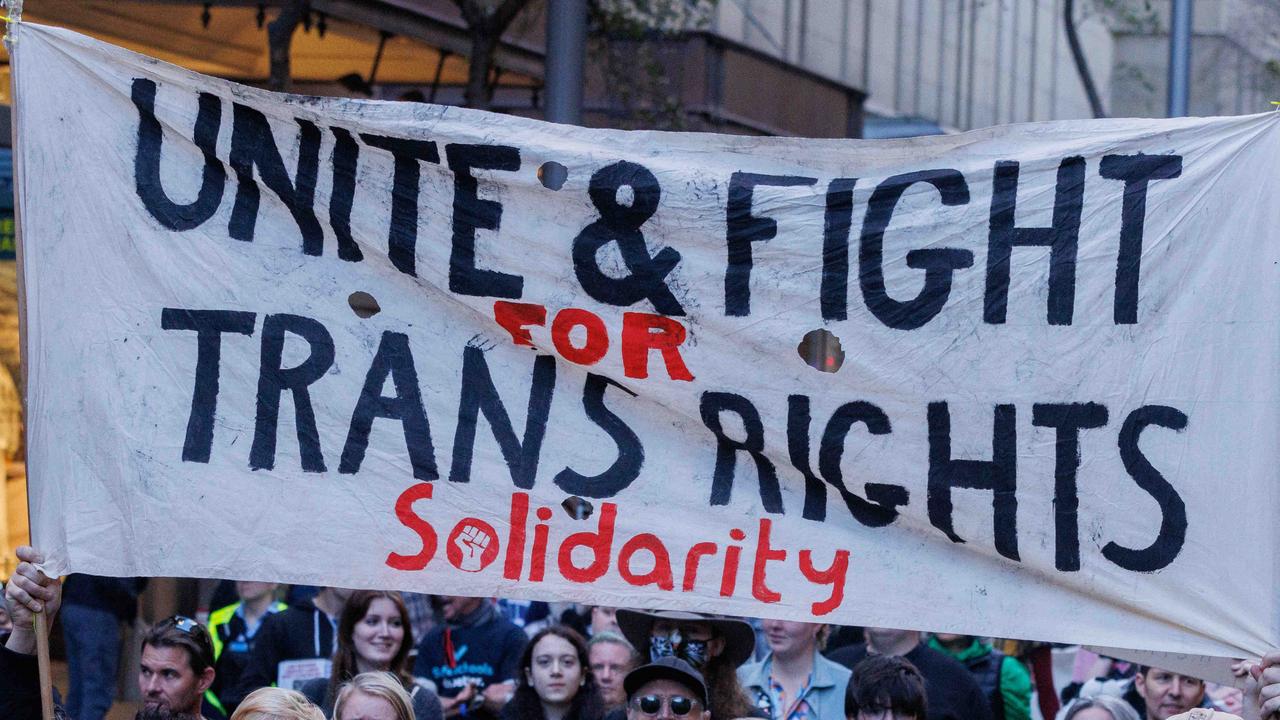Australia’s last line of virus defence a ‘fail’
The infection of three people in Perth’s Mercure hotel has led health experts to call for hotel quarantine to be scrapped before new variants escape.

There are renewed calls for Australia’s entire hotel quarantine system to be scrapped following the outbreak in Western Australia which has led to a snap three day lockdown.
Western Australia Premier Mark McGowan said today “CBD hotels are not fit for purpose quarantine facilities”.
On Friday, as authorities in Perth were scrambling to contact trace after a leak from the Mercure Hotel, New South Wales was contending with 18 new cases within its hotel quarantine system, the highest number of daily infections since the start of 2021. In the past week alone, NSW has seen two instances of hotel transmission.
Hotel quarantine is one of our last lines of defence against COVID-19 spreading into and through Australia. This morning, one of Australia’s most senior doctors said that system had repeatedly “failed”.
There are fears that airborne transmission, hotel ventilation systems and highly infectious new virus variants – such as the one overrunning India – could see our infection measures crack under the strain.
“We are incredibly lucky to have not yet seen a mass outbreak of one of these new strains,” Australian Medical Association President Dr Omar Khorshid said.
RELATED: All the virus rules in WA
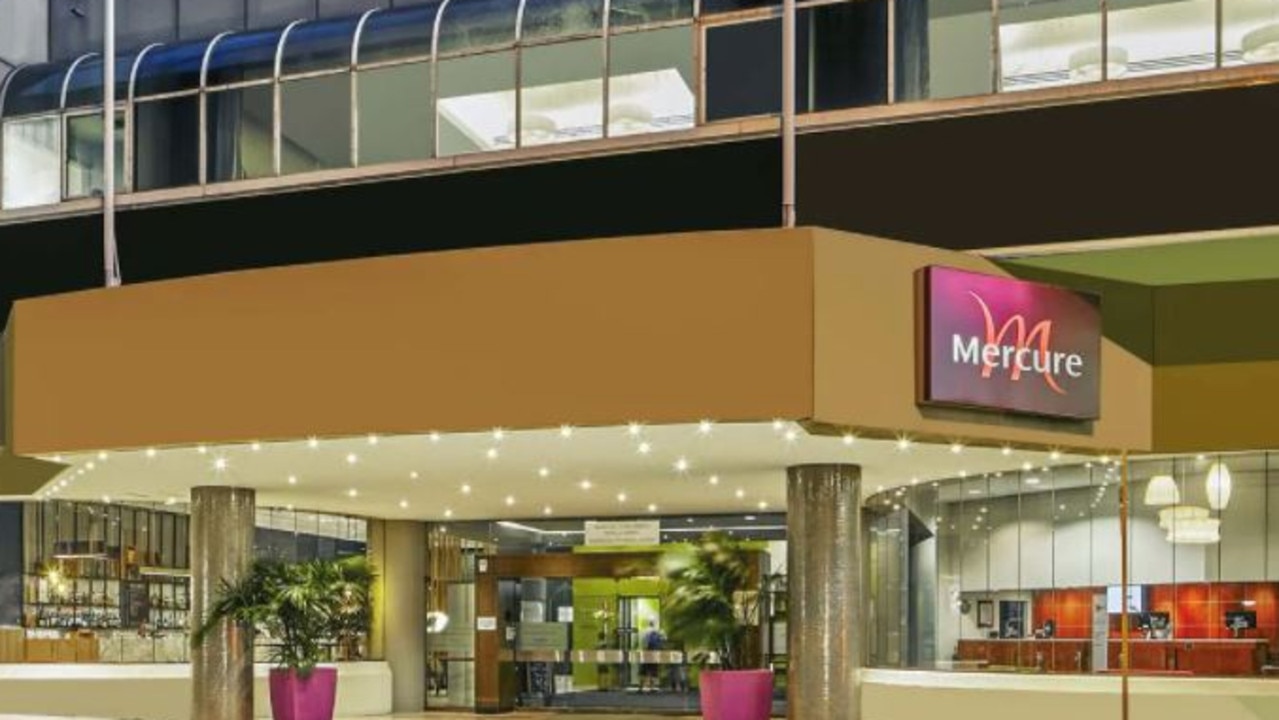
WA is currently in lockdown after a Victorian man tested positive in Melbourne on Friday after completing 14 days of quarantine at Perth’s Mercure hotel.
Premier McGowan said the Victorian man arrived in Perth on April 3 from Shanghai and his room was alongside a family of three from the United Kingdom — two of whom also became sick with the virus.
They caught coronavirus from a couple who had travelled from India and were in an opposite room.
What particularly worries WA authorities is that after being released from hotel quarantine, and potentially while infectious, the Victorian man spent five days in and around Perth.
RELATED: Victorian man sick in community for days
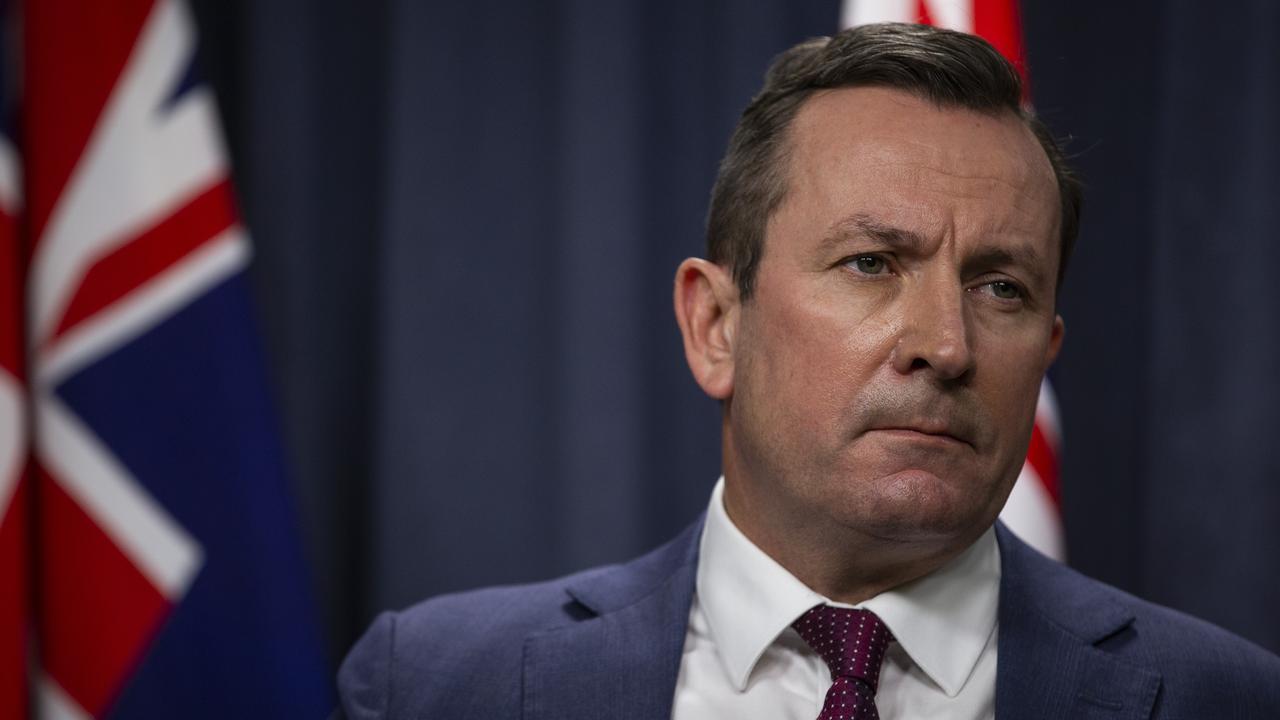
Concerns COVID-19 is airborne in hotels
Last week, NSW saw two transmissions within hotels, one at another Mercure. The virus appears to have been transmitted between adjoining rooms. Unlike in Perth, however, the positive infections were found before the guests departed.
This and other perplexing infections within hotel quarantine points to a growing body of evidence that COVID-19 is at least partly airborne under certain circumstances.
It’s a contentious conclusion. Some epidemiologists have said if the virus was being routinely spread via tiny aerosolised particles, which can remain suspended for long periods and travel further than larger droplets, they would have expected to see more cases.
The Australian Government’s official guidance on COVID-19 makes no mention of aerosol spread.
But health authorities in Britain and the US have said there are some situations where aerosol transmission could occur.
The World Health Organisation initially dismissed suggestions COVID-19 could be spread through airborne particles. It now states it can occur in “specific circumstances” but maintains close contact with people and surfaces is the main cause of transmission.
RELATED: Airport listed as virus exposure site
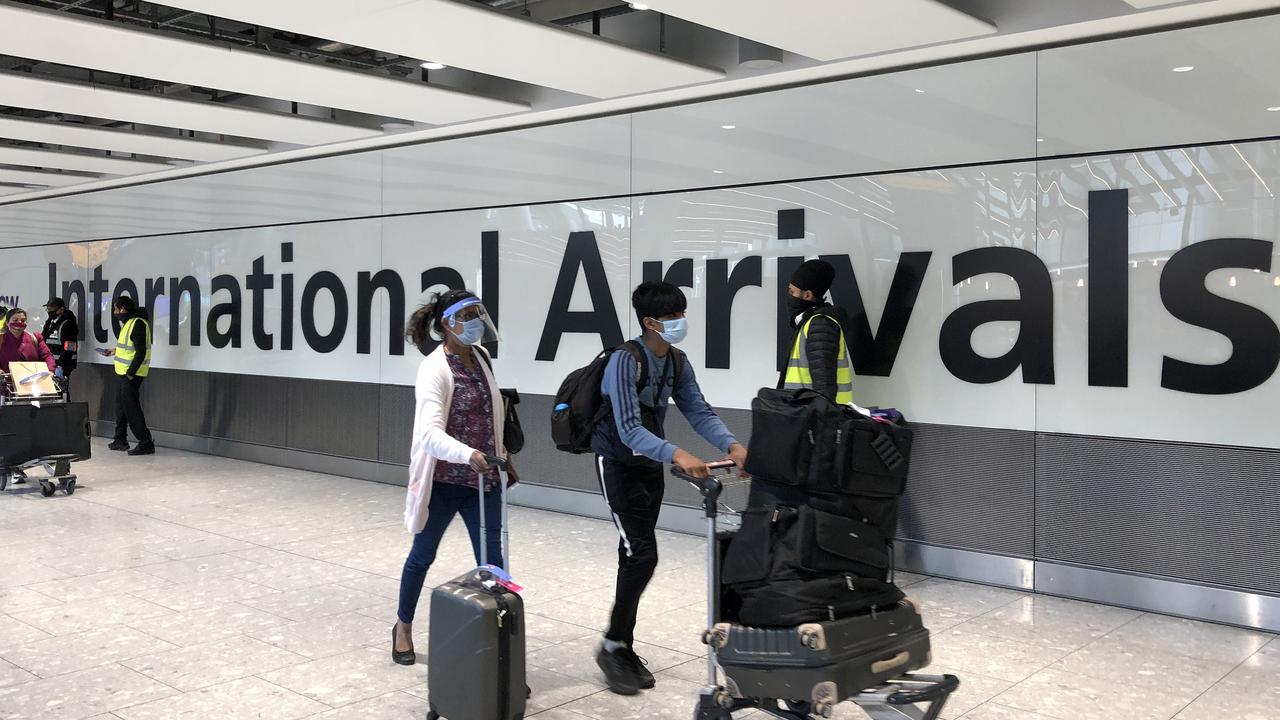
A report this week by the British Medical Journal theorised just how airborne transmission might occur.
“Aerosols produced by infectious person A could build up in a small, poorly ventilated room over time. Person A might depart the room but leave their aerosols behind.
“If person B were then to arrive in the room and spend time there, they could potentially become infected through breathing in the contaminated air.”
If aerosols are a transmission route, or variants are especially virulent, that poses a problem for hotel quarantine with its small spaces and lack of fresh air.
Some medical experts have said cramped hotels and the lack of advice from the Government about how to combat airborne infections means there is a high risk the virus could escape.
RELATED: Experts call for action on aerosol transmission
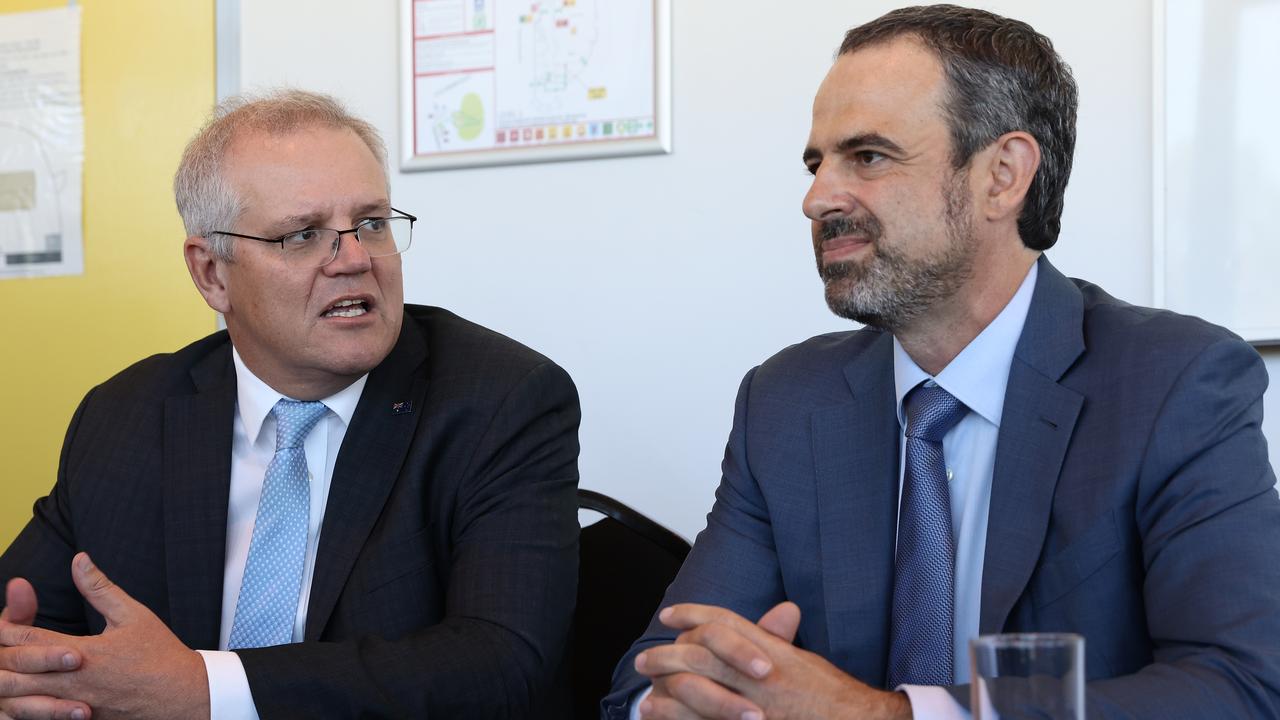
Hotel quarantine is ”failing’”
The Australian Medical Association (AMA) has said hotel quarantine is simply not up to the job. On ABC News this morning, the AMA’s Dr Khorshid said there had now been multiple examples of the virus being transmitted within hotels.
“I’m a little annoyed that it is happening again … given that really this was avoidable.
“We have known for many months that it is spread through aerosol transmission under certain circumstances and we‘ve seen hotel quarantine fail in each of our states and territories.”
In February, the AMA said two cases identified at the Holiday Inn Melbourne Airport were likely airborne infections.
“We are incredibly lucky to have not yet seen a mass outbreak of one of these new, more transmissible strains (from hotel quarantine),” Dr Khorshid said at the time.
On the ABC today, the AMA head said hotel quarantine was always supposed to be a “short term measure” and called for the Commonwealth Government to set up “appropriate quarantine facilities” similar to the Howard Springs camp in the Northern Territory.
This facility, where all international arrivals to Darwin head, is more open with greater ventilation and is separated from surrounding communities.
Mr McGowan has urged the Federal Government to move quarantine from hotels and has flagged Christmas Island as a possible replacement.
“CBD hotels are not fit for purpose quarantine facilities,” he said today.
“It is time for the Commonwealth to step up and help.
“My government stands ready to work with them and help establish Commonwealth quarantine facilities. It is the only way to help reduce the risk further. We cannot continue down this path for another year or beyond.”
However, the NSW Government, which takes more arrivals than any other state, has previously raised concerns about such a change.
It has said finding staff to move to a camp in a regional location could prove difficult; travellers needed to be close to a major hospital should they fall ill, and long road trips from the airport to such a facility could itself aid transmission.
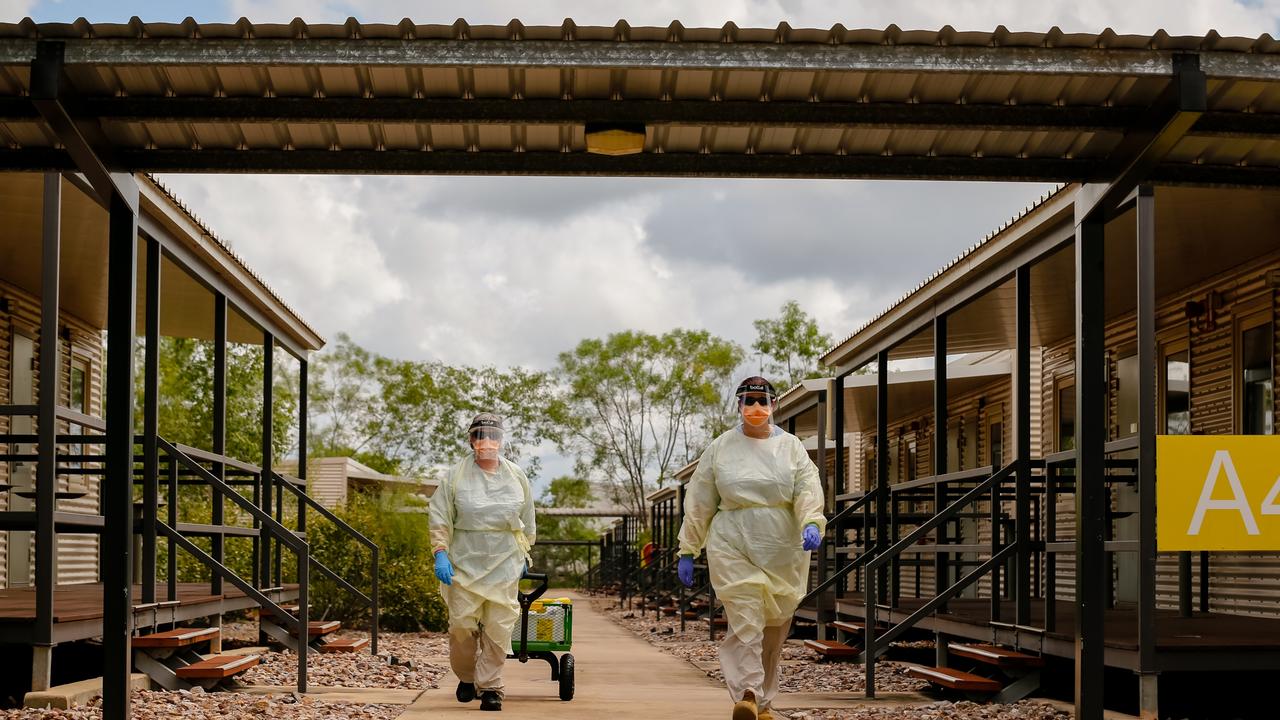
Another reason for Perth hotel spread
However, there’s another factor in Perth’s outbreak – the hotel itself. It’s possible the transmission may not have occurred if the guests were housed elsewhere.
Just weeks ago, an independent report into the 10 Perth hotels that were taking international arrivals found the Mercure was the least suitable because of its design and airflow.
The state government said it was in the process of converting the Mercure to a “low risk facility” – for instance, for arriving seasonal workers – when this week’s transmissions took place.
Other Perth hotels were assessed as having better airflow and so being more suitable for travellers from higher risk regions.
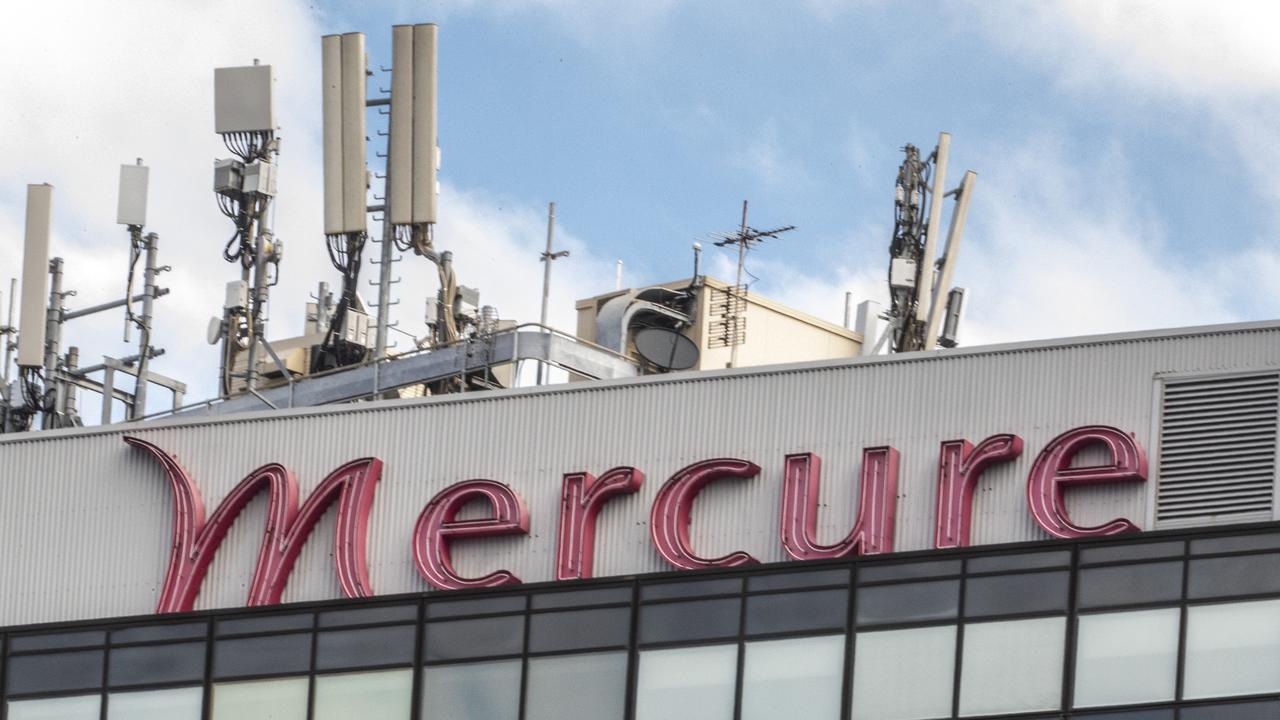
Spike in cases in hotel quarantine
Another area for concerns is a spike in cases in international arrivals. As well as the 18 cases in NSW detected on Friday, 13 were found at Howard Springs near Darwin.
According to the NSW Government’s latest COVID-19 surveillance report, covering the week ending April 17, there was a 15 per cent increase in cases in returned travellers.
However, the report also shows that the number of those travellers with COVID-19 has remained low. Of around 5000 arrivals per week, only around 0.5 per cent test positive.
And compared to the total numbers transiting through the hotel quarantine system, the number of infections between guests or to staff is also low.
But the figures also reveal that of those people in hotel quarantine that have tested positive in the last month, 45 per cent have come from India, Bangladesh or Pakistan. A number of those are said to be infected with a “variant of concern,” said NSW Health.
Authorities will be hoping a Perth type outbreak doesn’t occur in Sydney. If it does, it could be a sign one of Australia’s key lines of defence against COVID-19, is indeed buckling.


